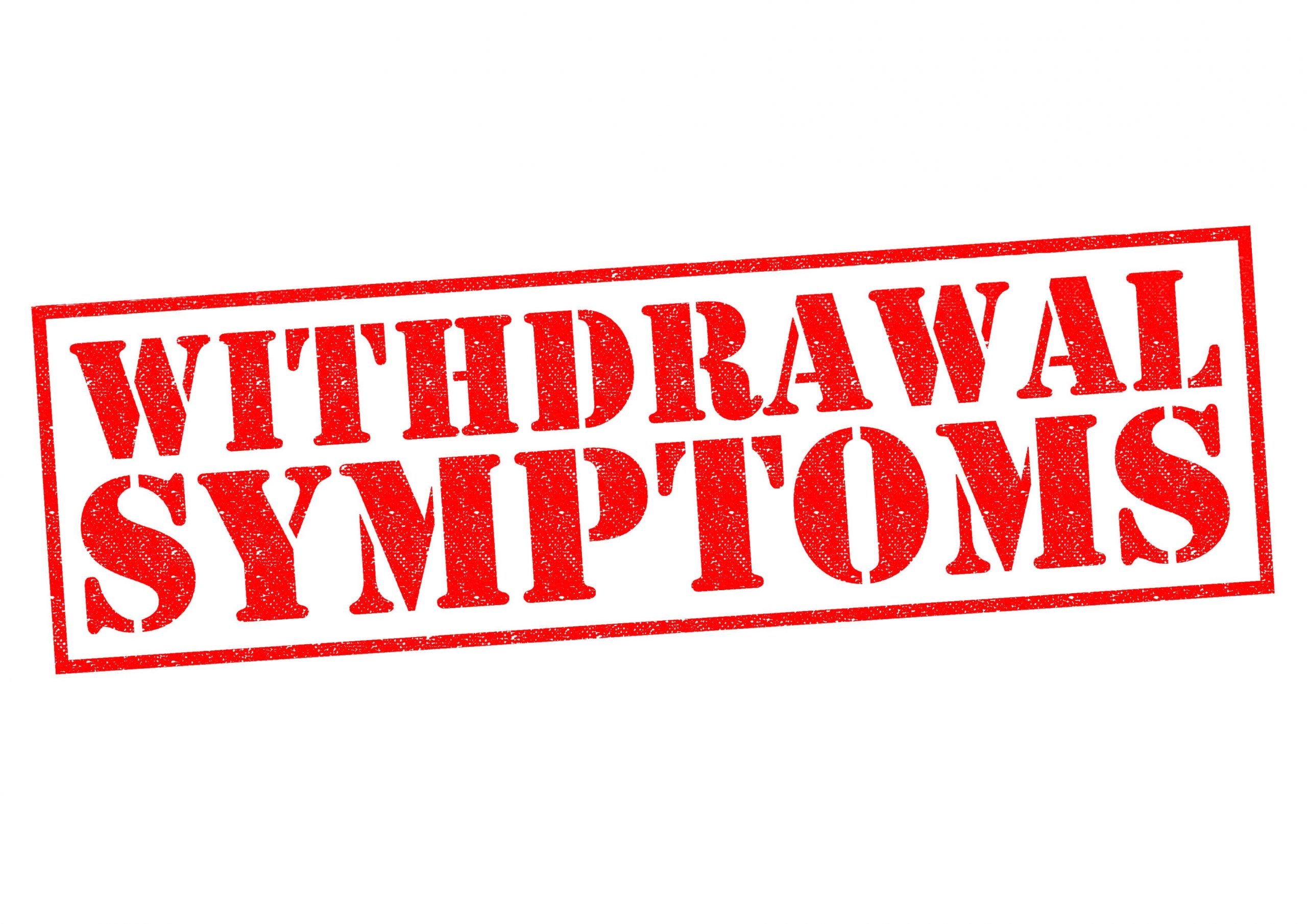Lexapro is the brand name of escitalopram, which is one of several kinds of antidepressants called selective serotonin reuptake inhibitors or SSRIs.
 People take Lexapro to manage depression and anxiety disorders.
People take Lexapro to manage depression and anxiety disorders.
Lexapro takes a while to build up in the system. Consequently, it can take a few weeks before a person discerns its effects on depression or anxiety symptoms.
However, a sudden reduction in the amount of Lexapro that a person is taking can lead to withdrawal symptoms.
What Causes Lexapro Addiction Withdrawal Symptoms?
Withdrawal is a set of symptoms that may accompany the significant reduction of the amount of a particular medication or drug in a person’s body.
Research implies that about 20% of people who take antidepressants will experience withdrawal symptoms when they stop or reduce their dosage drastically.
Due to its slow build-up in the blood, withdrawal symptoms are less likely to affect people who take Lexapro for just a short time.
People who have either used other SSRI medications before starting Lexapro or taken Lexapro for a long time are more likely to develop withdrawal symptoms.
Lexapro withdrawal symptoms happen because of how SSRI medications act on the brain. SSRIs raise the levels of serotonin, a neurotransmitter that contributes to feelings of reward and happiness.
With time, in response to the increased levels of serotonin, the brain automatically shuts down different receptors to prevent excessive stimulation.
Once an individual stops taking Lexapro, the body requires time to adjust. The amount of serotonin may reduce suddenly and will need time to replenish.
During this period, a person may experience withdrawal symptoms.
Symptoms Of Withdrawal From Lexapro Addiction

There are several potential symptoms that an individual may experience as a result of withdrawal from Lexapro. The authors of a 2012 study classified the symptoms into two stages.
In the first stage, one may experience the following symptoms:
- nausea
- agitation
- headaches
- insomnia
- a sensation of electrical jolts or tingling through the body
- irritability
In the second stage, a person may experience:
- Irritability
- changes in weight
- sexual side effects, such as delayed orgasm
- increased anxiety
- depression
- suicidal thoughts
- issues with concentration
- impaired memory
- mood swings
- difficulty tolerating or managing stress
Lexapro Withdrawal Timeline
The timeline for Lexapro withdrawal can vary from person to person, but generally, it follows a pattern. Here’s a rough guide:
- Initial Symptoms (Within a Few Days): Some people may start experiencing withdrawal symptoms within a few days of stopping Lexapro. These symptoms can include dizziness, nausea, headache, fatigue, irritability, and flu-like symptoms.
- Peak Withdrawal (1-2 Weeks): Withdrawal symptoms typically peak within the first one to two weeks after discontinuing Lexapro. During this time, symptoms may intensify and become more pronounced.
- Gradual Improvement (2-4 Weeks): After the peak period, most people begin to experience a gradual improvement in their symptoms. However, some withdrawal effects may linger, albeit at a reduced intensity.
- Resolution (Up to Several Weeks): Complete resolution of withdrawal symptoms may take several weeks. Some individuals may continue to experience mild symptoms for a longer period, but they generally become less bothersome over time.
It’s essential to note that everyone’s experience with Lexapro withdrawal is unique, and factors such as dosage, duration of use, individual physiology, and tapering schedule can influence the severity and duration of withdrawal symptoms. It’s highly recommended to consult with a healthcare professional before discontinuing Lexapro or any other medication to ensure a safe and appropriate tapering plan.
Lexapro Addiction Withdrawal Success
Regular exercise may help a person cope with the symptoms of withdrawal.
People should never try to quit Lexapro without consulting their doctor and developing an action plan.
Often, a doctor will recommend slowly reducing the dosage and probably switching to an alternative SSRI medication to help the tapering process.
Some general tips for coping with Lexapro withdrawal symptoms include:
- Taking all other medications according to the prescription
- Eating a healthful and nutritious diet
- Exercising regularly
- Completing the tapering process
- Tracking changes in the mood on a calendar or in a notebook
- Seeking support from friends, family, or community groups
- Telling a doctor about any withdrawal symptoms
Preventing Lexapro Addiction Withdrawal
The best way to avoid withdrawal is to taper the dosage of Lexapro gradually. A doctor will help an individual create a plan for doing this.
There are several reasons why a person may want to quit taking Lexapro. For instance, they may find that:
- They are experiencing adverse side effects
- The medication is ineffective
- Their body has stopped responding to it
In some cases, a doctor may prescribe a different medication that leaves the body faster. They can then taper a person off SSRIs using the alternative medication to help prevent withdrawal.
However, even if they slowly reduce the dosage, a person may still experience symptoms.
Lexapro withdrawal can happen when a person stops taking Lexapro, misses one or more doses, or decreases their dosage.
A person can minimize their risk of developing withdrawal symptoms by following a doctor’s plan to taper off the medication slowly.
Tapering the medication does not always prevent withdrawal, however, so it is best to be prepared and speak with a doctor about how to cope with the symptoms.
If a person experiences Lexapro withdrawal symptoms, they can also seek support from friends, family, and others who have endured similar experiences.

At United Recovery Project, we offer intensive and unique programs for patients dealing with Lexapro addiction. We offer various luxury treatment services to our patients including: drug detox, partial hospitalization programs, intensive outpatient programs & sober living and alumni program.
Throughout your stay at the facility, you will be monitored by a team of specialists to ensure you have a comfortable and safe recovery process. If you or someone you love is struggling with a Lexapro addiction, do not hesitate to call us on: 888-960-5121 to start your drug addiction treatment


